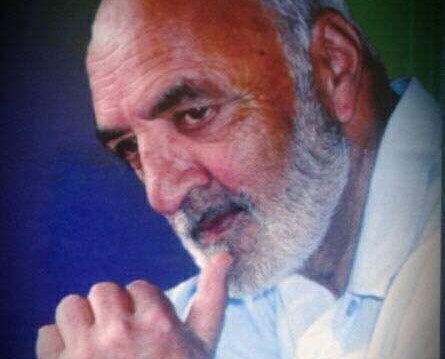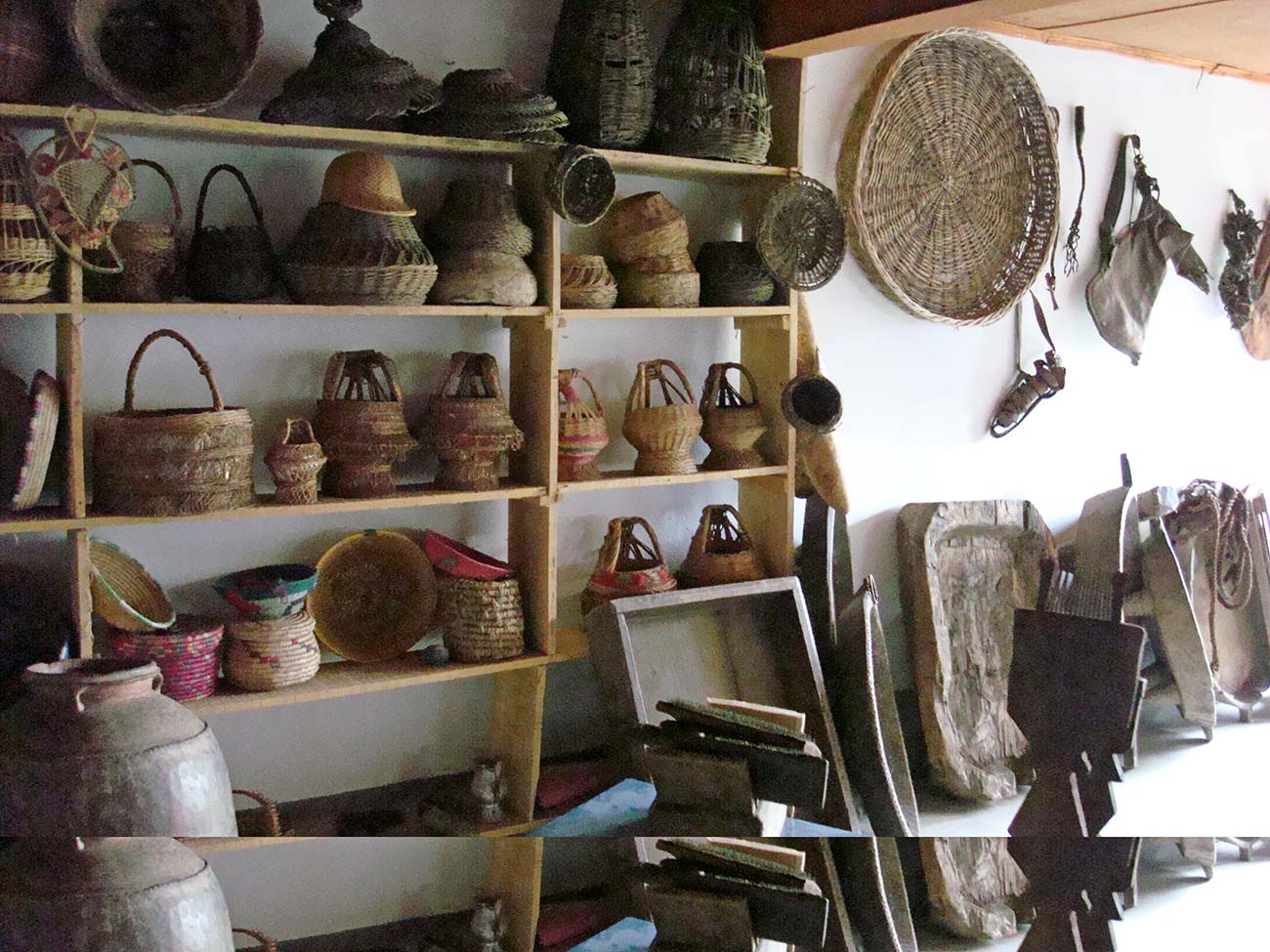On his fourteenth death anniversary, Er Shafi Ahmad remembers Kashmir’s short story writer, Umar Majid

With a script in hand, when he once entered the chambers of a Doordarshan producer to discuss the content, he found the man sitting in his chair and a leg stretched on his table with his shoes on. “I will never enter here again,” the young writer whispered and came out of the room. Umar Majid (September 18, 1940 – December 23, 2008) gave up and never went to his room.
“Wo apnay Shahar say shahr e abad kay maskan tak Kabhi na karsaka apnay zameer ka souda,” acclaimed poet and author Bashir Dada wrote about him.
(From his life to grave he did not sell his conscience). That was the identity of Abdul Majid Mir, known by his penname Umar Majid in Kashmir’s literary circles.
Majid received early education from Srinagar’s Tyndale Biscoe School and later served it as its headmaster. His zeal and enthusiasm for education, knowledge and literature is well known and evident from the publication of his first short story Ek Boodha Wular Kay Kinaray which he wrote at the age of 21 years in Aftab newspaper.
“Umar Majid cherished and lived on literature. He always advised me that one can live through literature even after death,” said Dada, while recollecting the good old days of his association with Umar.
Umar cared for his friends and acquaintances so much that he would travel long distances to persuade them to continue their work. He would often go to Anantnag and request Dada to continue writing.
“Wo dost fitratan ik sabr ka samandar tha, ki jis say mouj e rifaqat umadti rehti thi,” Dada wrote about him. (That friend was an ocean of patience, from whom waves of fellowship arose.)
Writer Deepak Budki encompasses Umar’s writing traits in the following words: “Umar was greatly influenced by modernism but did not abandon narration. His stories reflect non-alignment, balance and moderate emotions.”
Impacted By Situation
Umar did not lose an eye on the happenings around him and their influence on his social life. The times when life became cheaper in the backdrop of gun culture, Umar felt the pain deep within and wrote many pieces on contemporary themes. “Having his workplace in the heart of Srinagar he became an eye witness to the processions, stone pelting, firing and cross firing, bomb blasts so he was dejected with deaths, bloodshed and chest-beating,” Deepak Budki wrote. “He pushed this pain into his stories.”
For a long time, he avoided writing. In a letter to Kashmir Uzma editor, Javed Azar, he wrote: “One day when I was taking the class a huge blast took place. I, along with others, ran towards the main gate which had been closed. I saw a man writhing in pain and blood oozing from his head. I almost dragged the man, took him in, and tried to give him some first aid. But the man whom I recognized as Abdul Khaliq of Excellent Hair Cutting had received a splinter. Khaliq lost the battle of life while being consoled. Police came, and took away the body and I was left stunned looking at my blood-soaked hands. This incident impacted me to the extent that I lost love with words, affection with pen and only blood covered the landscape of my perception.”
His short story Gumshuda Janat (Lost Paradise) came in to follow up on this letter.
Murda Chinar is another famous short story by Umar Majid. Prose writer Salim Salik wrote about this short story: “Umar had come up with a new theme and new treatment. A few lines from the story are as under. ‘When I die Rehman Jarob gets a new lease of life. He collects my leaves, ignites them, these get red like human blood and then Rehman’s wife gets to shine like the horizon on her cheeks.’
“Umar’s short stories possess a unique style, which proves he is adept at the art of writing,” Budki wrote. “He picks his characters from the rugged terrain of his land and fits them at right places in his stories.”
The Two Novels
Going through Umar Majid’s short stories one finds that Kashmir is the main subject he writes about. The same is the case with his novels titled Yeh Basti Yeh Log and Dard ka Darya. “The story of Yeh Basti Yeh Log is set in a village in south Kashmir,” Jan Mohamad Azad, a writer and critic of repute, said in a review. “The story revolves around a tyrant and the common people living there. The story was written in 1970 and reflects the conditions at that time.”
Mir Rehmatullah, a research scholar, has written that Umar’s two novels suggest that he has seen Kashmir village life minutely and so arouses the difference in social life as the theme.
In one of his articles, Budki gave a brief sketch of his writings. In the story Meri gali ka gham, Umar Majid details the conflict between personal gains and collective pain. The story Shahar ka Agwa reflects the sorrow of migrants losing their identity. Another story Mohamad Shamim ko ghar jana hai encompasses the religious brotherhood, common tradition and beliefs.















